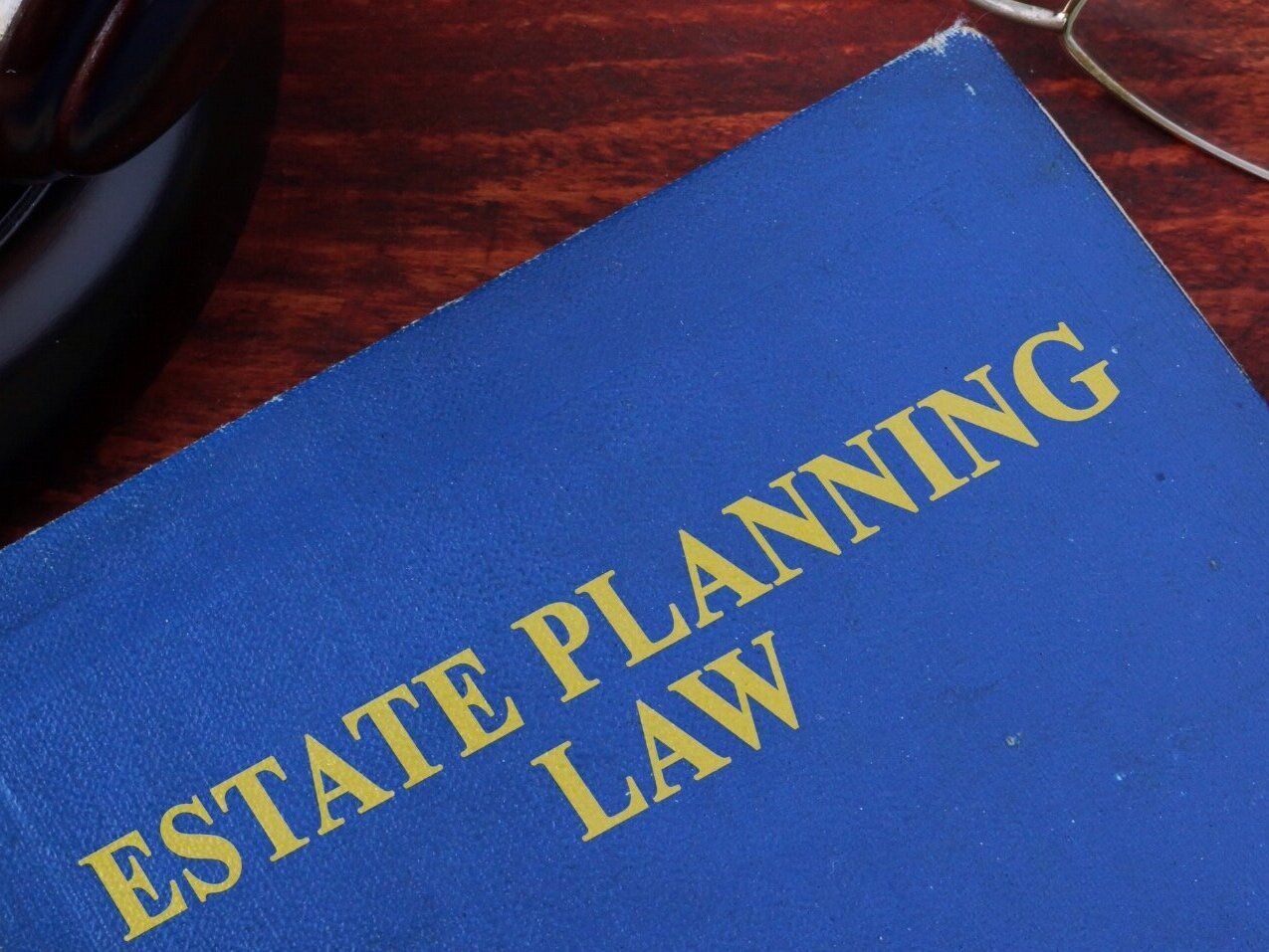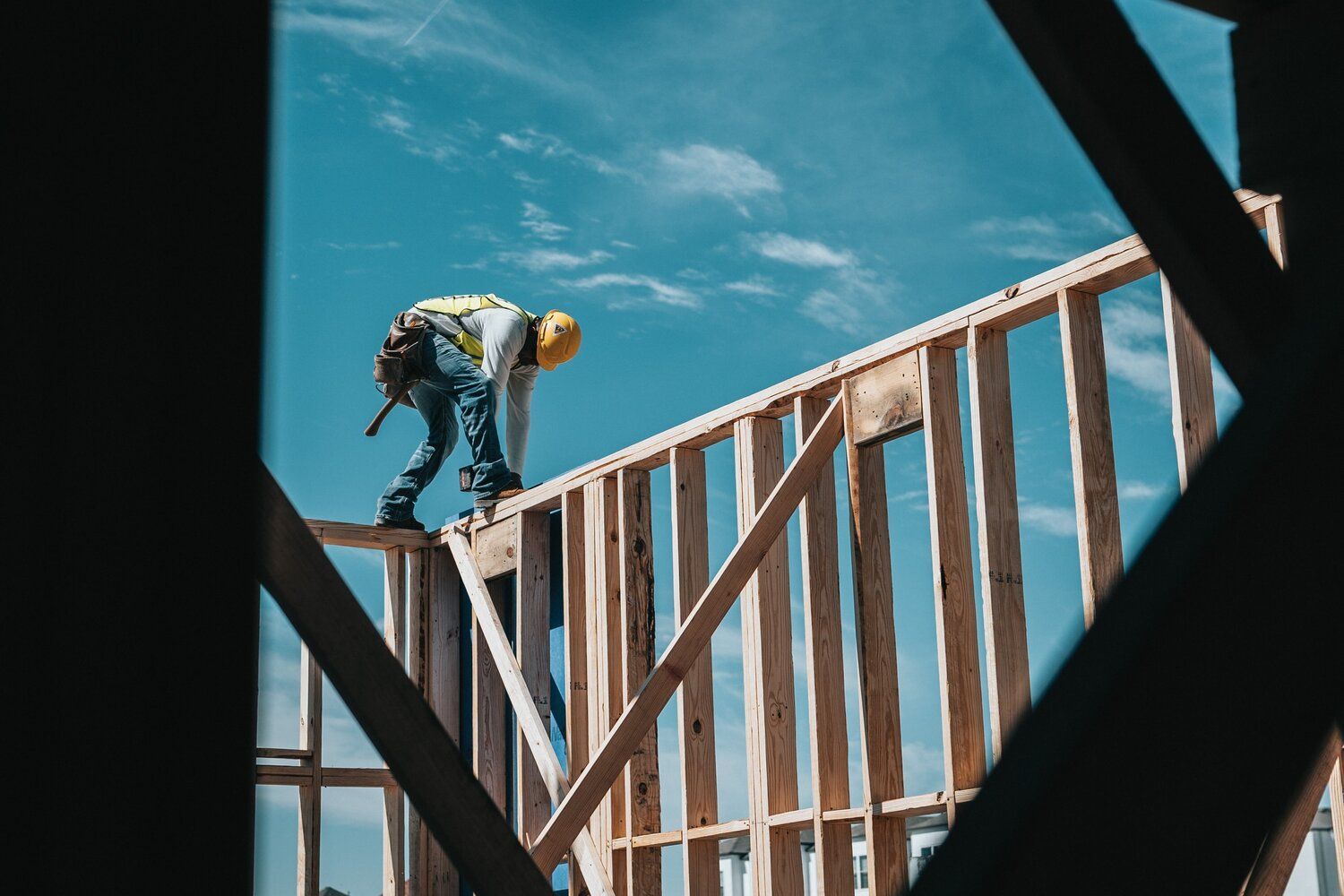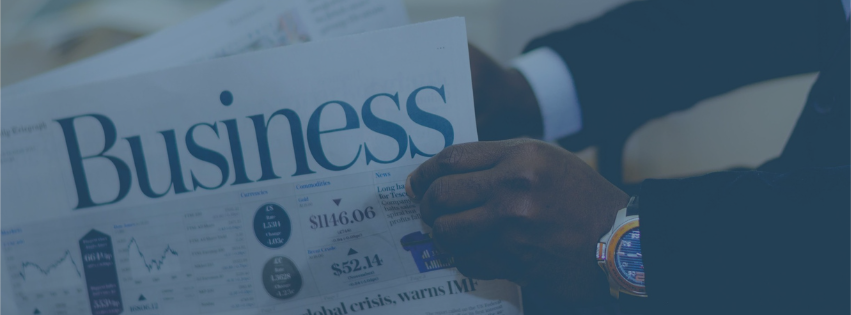Mental Health for Business Owners
Let me be honest: I, like so many other small business owners, suffer from a mental health disorder. Mental health disorders can range from an anxiety disorder and depression to dissociative disorders, bipolar, or PTSD. A 2015 study from UA Berkley found that 49 percent of entrepreneurs are dealing with at least one mental health condition, compared to 32 of society at large. For me, I suffer from an anxiety disorder—a fear of never doing, knowing, or being enough that drives my day and often times robs me of the joy of the present. And if we’re still being honest, we, as a society, have a tendency to shrug off anxiety and depression as things that can easily be fixed. If you’re overly anxious or depressed, “take a break”, “just don’t worry about it”, or “snap out of it.”
When you own your own business, the buck stops with you. You are responsible for your family’s income, the income of your staff, and the happiness of your clients or customers. One bad review or one unpaid invoice can set off a sequence of events that puts you out of business and leave your staff unemployed. This is not to mention that entrepreneurism may draw a certain type of person who is prone to suffer from a mental health disorder. Entrepreneurism, then, can be both the cause and outlet for mental health disorders.
Today, is world mental health day and in recognition of this day, and all who suffer from mental health disorders, I offer these tips to help you manage your small business and your mental health.
But I am also a lawyer, so let me disclaim: I am not a mental health expert in any shape or form, these are simply tips that I found to be helpful in my own life and I present them as such—from my perspective. I encourage all to seek professional help when needed and to not be ashamed of doing so. It is bold and brave to admit you need help and to seek it, and never something to be ashamed of.
Set your work schedule and stick to it.
We have all heard the trope of entrepreneurism: “working 80 hours for yourself to avoid working 40 hours for someone else.” But that is not true in the least. Yes, we work more hours than a typical W2 employee, and yes, we often times brag about that, but I do not no anyone who set out to work for themselves just so they could avoid working for someone else. Most entrepreneurs I know went into business to make a difference. Whether it was a difference in their own lives or in the lives of others, there is a purpose behind every business. But you cannot achieve your purpose if you are burnt out. A friend of mine often says that he is burning the candle at three ends—“both ends and the middle”—and there are times that it feels that way. If we set a work schedule and stick to it we can manage our stress by leaving the work behind at the end of the day. Yes, there will be times we need to work the weekend, but by making those times few and far between, we manage the expectations of our clients, our friends, and ourselves.
Find a healthy outlet.
If you are like me, you read the sentence above “we can manage our stress by leaving the work behind at the end of the day” with a tinge of incredulity. “Jason,” you thought, “I can’t turn my brain off.” Me either. This is where we need to find a healthy outlet. I emphasize “healthy” because I have a tendency to move to the unhealthy—binging television, stress eating, going to a bar after work, or the like. This is not uncommon and if you are the same as me—you are not alone.
My healthy outlets have been cooking, reading, and writing. My profession requires that I read and reading prompts me to action. So while I still like to read books that align with my profession, I often have several books going at once. If I am unable to focus because my mind is reeling, I will put down the non-fiction book and pick up the fiction book. When it comes to writing, sometimes I exercise creative writing and other times my writing is more of a brain dump—I just put down whatever is on my mind. Not long ago I was flipping through my journal and saw something that I was dealing with through COVID and I could think about how far I had come. In this regard, writing not only affords us a brain dump, but a reflection.
Exercise
One of the best things I did in the pandemic was buy a Peloton. I stopped riding my bike after law school because I was too busy building my law firm. I gained a lot of weight in these last several years. I got back on the bike via Peloton and was able to start getting back in shape. While I am still working on losing weight (you saw that I liked to cook in the last section, right?), the endorphin release along with the sense of accomplishment puts me in the right mood for the day. In addition to that, there is a clear link between exercise and lower rates of depression.
Practice Relaxation Techniques
Someone once asked me what my biggest tip for taking the bar exam was, my reply: remember to breathe. They laughed, but I was serious. When I get overwhelmed and nervous, I forget to breathe, which increases my stress level. In law school, I would get to class about an hour before our final exam—law school classes have one exam at the end of the semester that counts for the bulk of your grade; put my headphones in, and jack up the music. As I listened to the music, I would take deep breaths, close my eyes, put my hands on the keyboard and just free write. This is a form of meditation. I kept that practice after law school. I will turn on music, close my eyes, and breathe. Sometimes I use guided meditation; more so now that I have Peloton. The point here is to put yourself in a position where you can just be present and relax.
Don’t be afraid to seek help when needed.
As I said at the start of this post, I suffer from anxiety. Calming myself through strategic approaches—even to the point of kicking people out of m office and taking time for myself before I get back at it—helps me. But that does not mean that it will help everyone. There are those with much more serious anxiety disorders that need to work through those issues with professional help. There is nothing wrong with this. There are men and women standing ready to help and our health care system continues to learn and adapt to the reality that at some level, we all suffer mental health conditions and need help. Please do not be afraid to seek out professional help when needed.
It is often said that there is madness in genius. But that does not have to be the case. As you build your empire, I pray that you will take care of your mental health so that you can someday sit back and enjoy the world you created. And along the way, bring others up with you.






